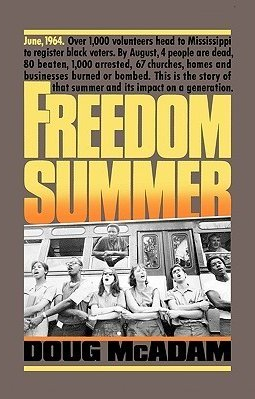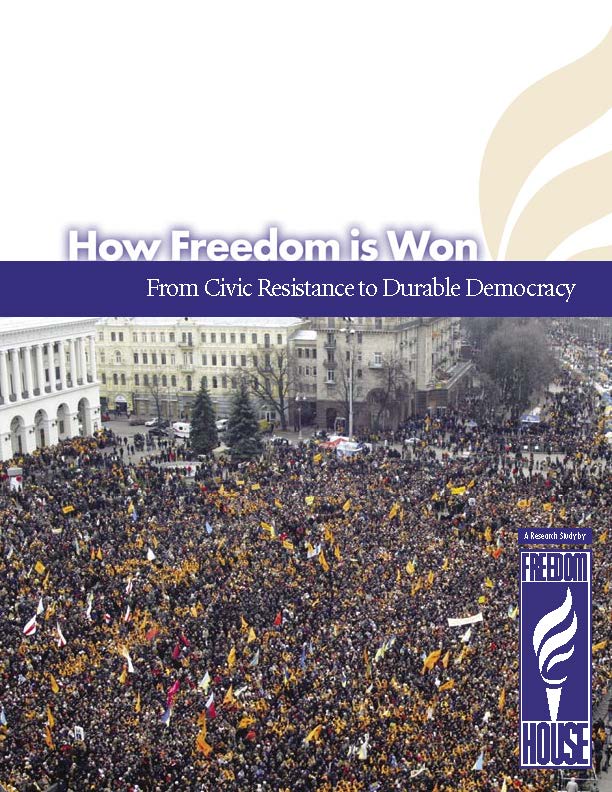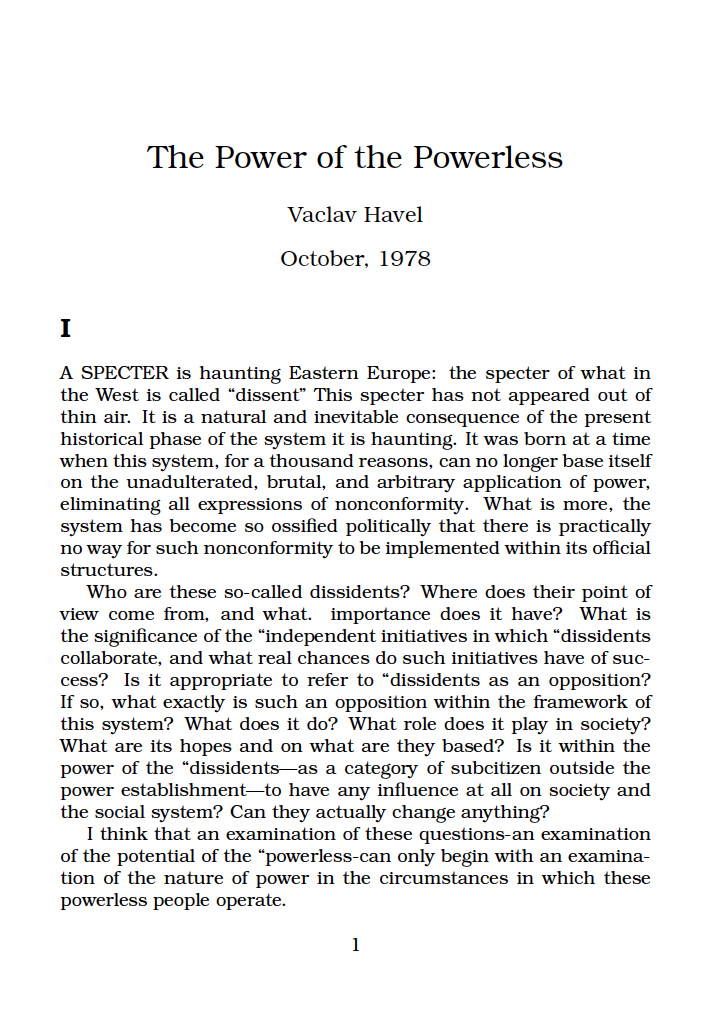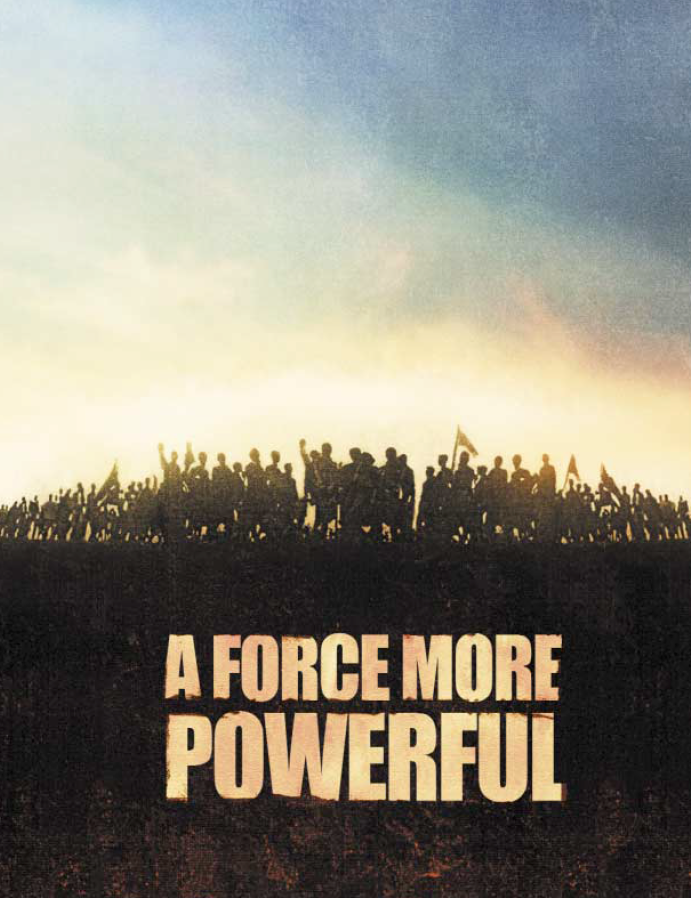
Freedom Summer
In June 1964, over one thousand volunteers–most of them white, northern college students–arrived in Mississippi to register black voters and staff “freedom schools” as part of the Freedom Summer campaign organized by the Student Non-Violent Coordinating Committee. Within ten days, three of them were murdered; by the summer’s end, another had died and hundreds more had endured bombings, beatings, and arrests. Less dramatically, but no less significantly, the volunteers encountered a “liberating” exposure to new lifestyles, new political ideologies, and a radically new perspective on America and on themselves.
Films such as Mississippi Burning have attempted to document this episode in the civil rights era, but Doug McAdam offers the first book to gauge the impact of Freedom Summer on the project volunteers and the period we now call “the turbulent sixties.” Tracking down hundreds of the original project applicants, and combining hard data with a wealth of personal recollections, he has produced a riveting portrait of the people, the events, and the era. McAdam discovered that during Freedom Summer, the volunteers’ encounters with white supremacist violence and their experiences with interracial relationships, communal living, and a more open sexuality led many of them to “climb aboard a political and cultural wave just as it was forming and beginning to wash forward.” Many became activists in subsequent protests–including the antiwar movement and the feminist movement–and, most significantly, many of them have remained activists to this day.
Brimming with the reminiscences of the Freedom Summer veterans, the book captures the varied motives that compelled them to make the journey south, the terror that came with the explosions of violence, the camaraderie and conflicts they experienced among themselves, and their assorted feelings about the lessons they learned.
Oxford University Press, September 1990
ISBN-10: 0195043677 (hardback)
ISBN-13: 978-0195043679 (hardback)
ISBN-10: 0195064720 (paperback)
ISBN-13: 978-0195064728 (paperback)



